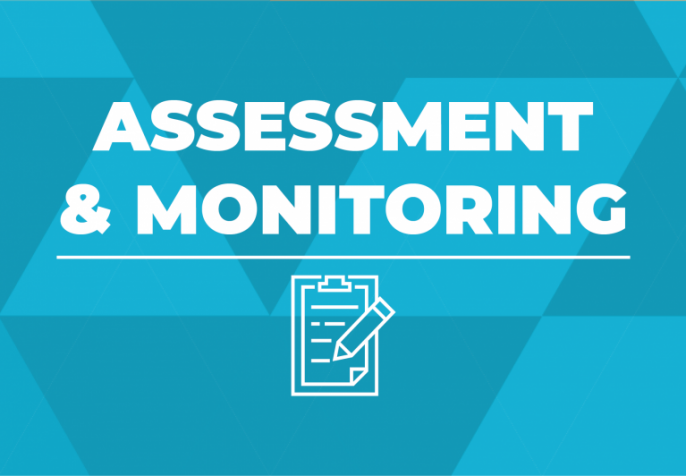When civil society organizations, governments, and international development agencies cooperate effectively, positive and lasting change can take root. The United Nations General Assembly has declared that “effective participation by civil society” is “an essential part of the necessary foundations for the realization of social and people-centered sustainable development.”
However, civil society around the world face is facing new restrictions in its ability to engage in development. These restrictions impede progress, especially for marginalized groups. They also contradict international legal standards and commitments that emphasize the need for an enabling environment for civil society, including the 2011 Busan Partnership Agreement, the United Nations Sustainable Development Goals, and the International Covenant on Civil and Political Rights. ICNL engages with a variety of international bodies to monitor and reinforce countries’ adherence to their commitments so that civil society can contribute meaningfully to development goals.
